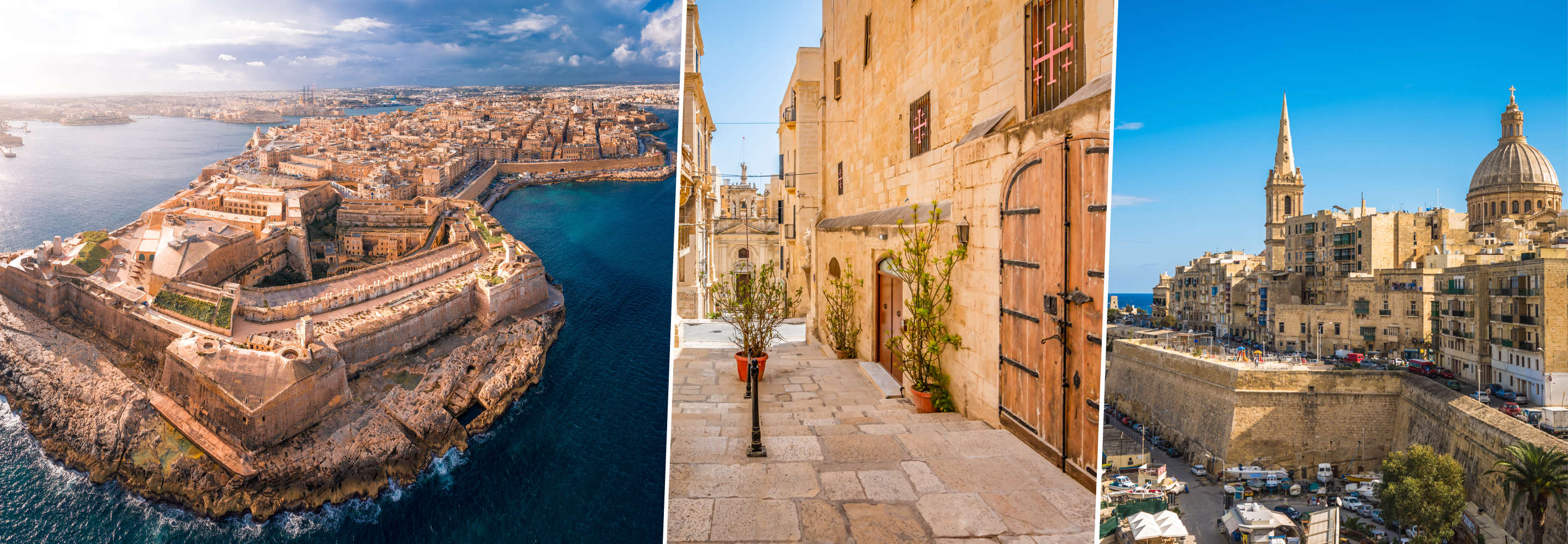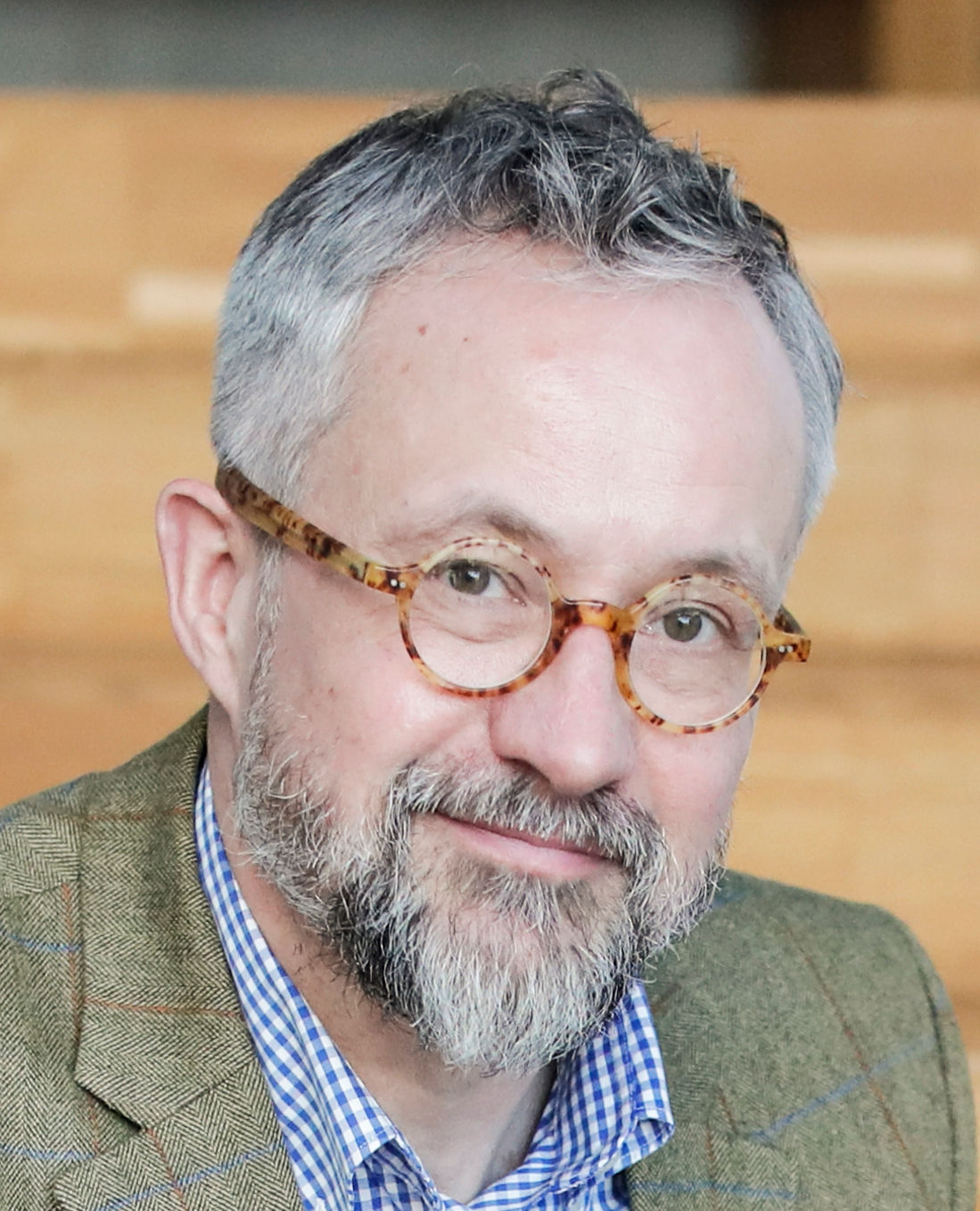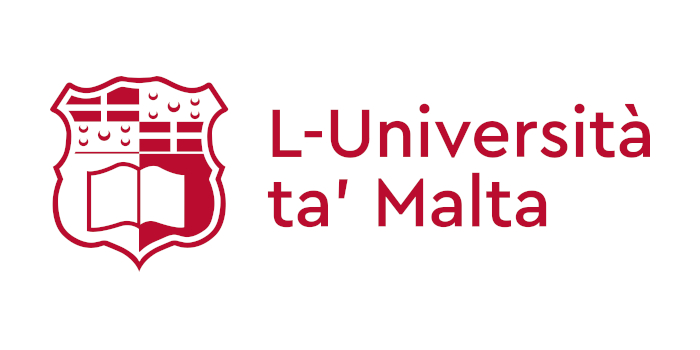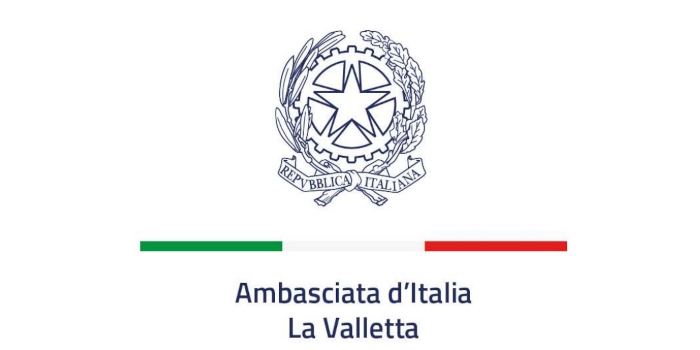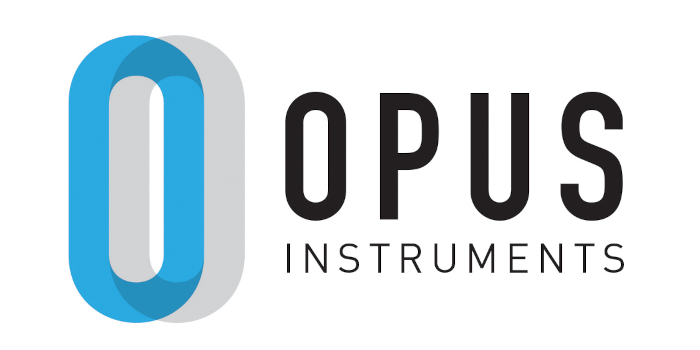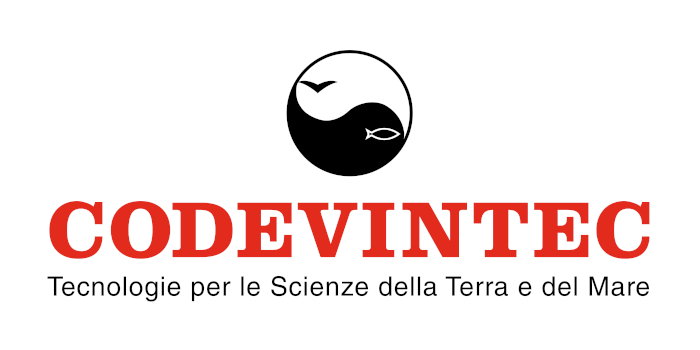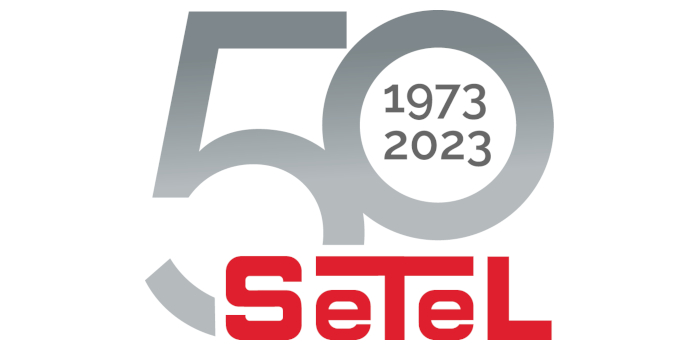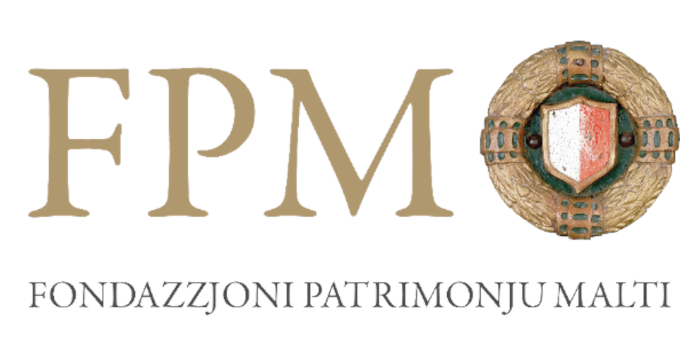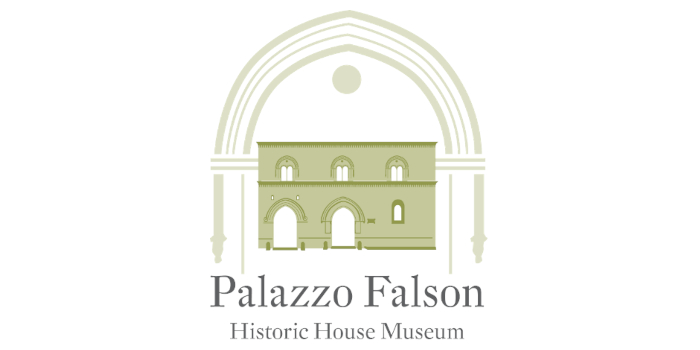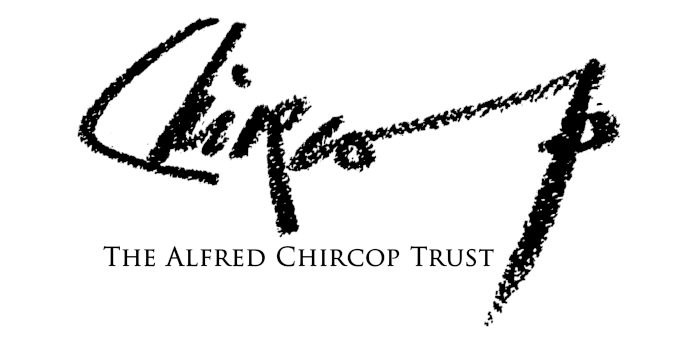From smells of objects to collections of smells
Matija Strlič
University of Ljubljana, Slovenia
University College London, UK
ABSTRACT
Although the experience of heritage is often limited to the visual, many objects in collections are inherently linked to specific smells that carry their own significance. Visitors and users of heritage often highlight the importance of the olfactory dimension of objects, yet emissions of volatiles from heritage materials are often seen predominantly as a conservation risk. This may not be justified, as studies have shown that at concentrations that are required to engage visitors, organic volatiles are already normally present in the environment.
Understanding and characterising the olfactory information requires approaches that include sensory evaluation of both the individual volatiles and the mixture representing the smell, in addition to the analytical information obtained using chromatography. To document and perhaps archive olfactory heritage, we thus need chemical and sensory information as well as assessment of the olfactory significance.
A number of case studies have been assessed so far, from historic paper and libraries to paintings and archaeological heritage. While the developed olfactory experiences engage visitors, the obtained chemical information often also reveals new information about object composition and state of degradation and is thus fast becoming part of the standard toolkit of a heritage scientist.
SPEAKER BIOGRAPHY
Matija Strlič is Professor of Analytical Chemistry at University of Ljubljana and Honorary Professor of Heritage Science at University College London. His main research interests are the development of heritage science infrastructure, as well as modelling of heritage materials, environments, values and decision making. He has published more than 160 peer-reviewed papers and is Editorial Board Member of Heritage Science, Polymer Degradation and Stability and Studies in Conservation. He is a Fellow of the Royal Society of Chemistry and of the International Institute for Conservation. In 2015, he received the Ambassador of Science of the Republic of Slovenia Award for the outstanding achievements in science and international collaboration.

